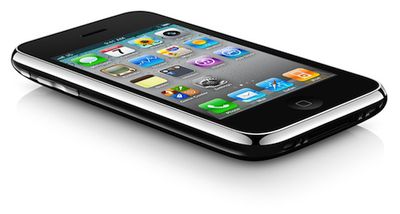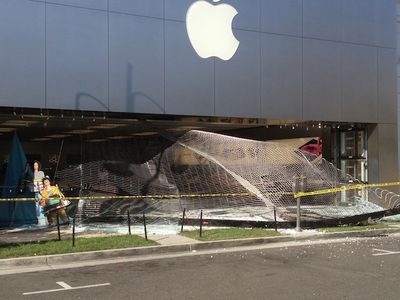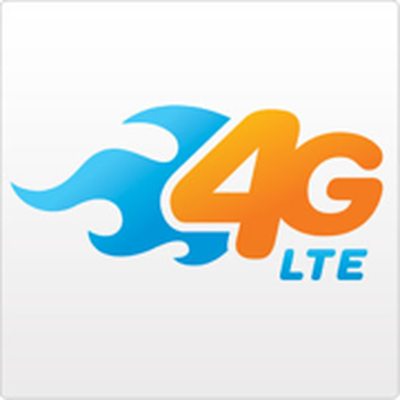 According to a report from The Wall Street Journal, the next iPhone -- to be announced next week -- will support 4G LTE networks around the world, though it won't be available on every carrier.
According to a report from The Wall Street Journal, the next iPhone -- to be announced next week -- will support 4G LTE networks around the world, though it won't be available on every carrier.
Apple Inc.'s next iPhone will work on the fastest wireless networks around the world—including in the U.S., Europe and Asia—though it is unlikely to be available on every carrier, people familiar with the matter said.
[…]
It isn't likely to work with all carriers' LTE networks in all countries, the people said, though it wasn't clear which would be left out.
The first Apple device to support the higher-speed 4G LTE networks was the third-generation iPad, which supported AT&T and Verizon's networks -- but notably didn't work internationally. This resulted in complaints in numerous countries including Australia and across Europe.
Based on a roadmap of Qualcomm's mobile chips, it was predicted a year ago that the iPhone would not gain LTE until this quarter. The chipset that promises LTE speeds with much improved power consumption is the Qualcomm MDM9615. Conveniently, that chip is set to arrive in time for late 2012 delivery -- just in time for the new iPhone.
Battery life has been a sticking point for Apple, with the company's engineers refusing to compromise on run-time to support higher data speeds. The new iPhone battery runs at 3.8 volts and 5.45 watt hours versus 3.7 volts and 5.3 watt hours in the iPhone 4S.



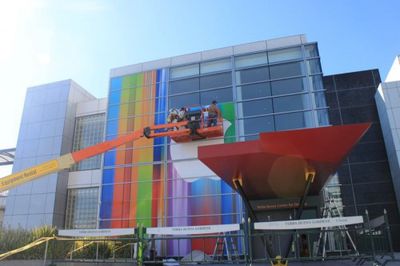
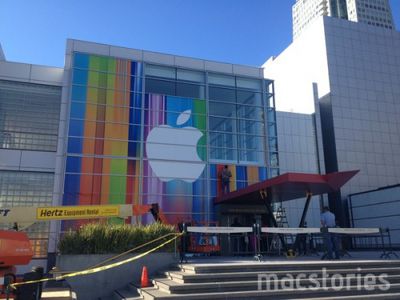
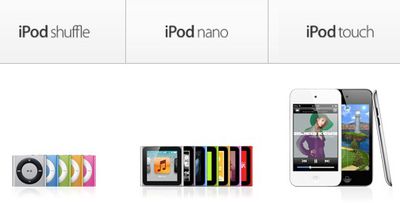
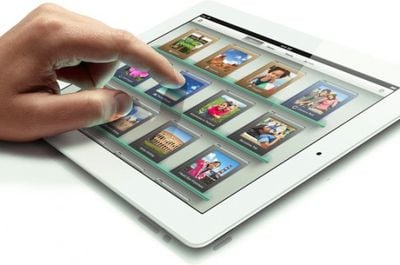
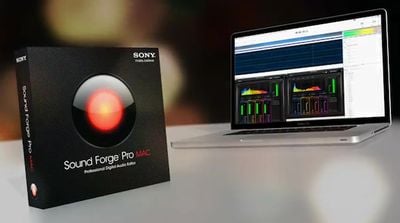
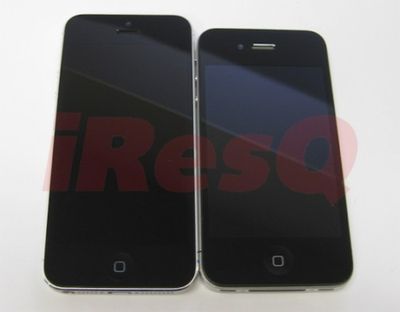
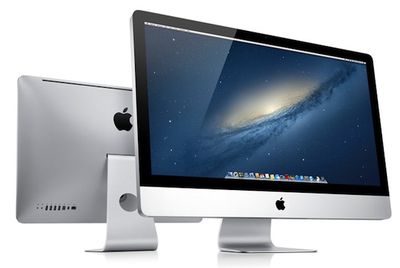



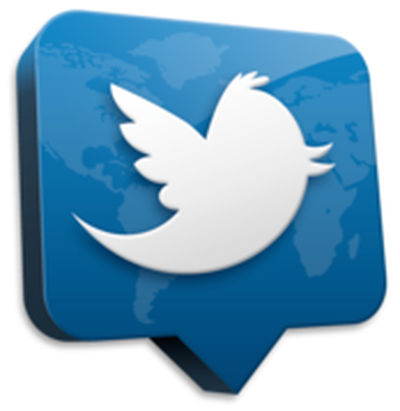 According to a
According to a 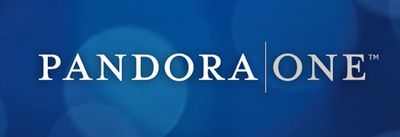
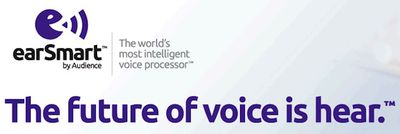
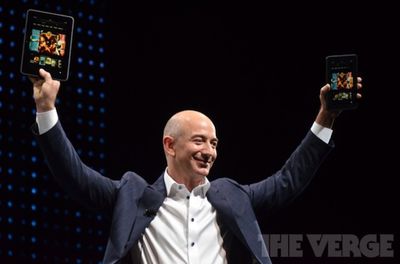
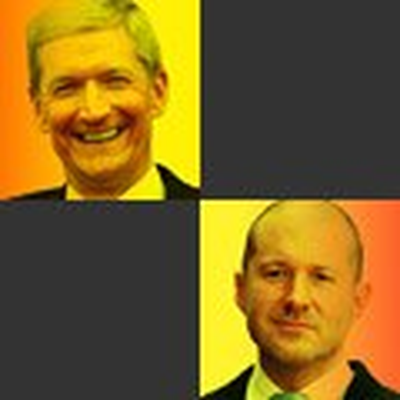 Vanity Fair magazine has published its yearly listing of top media power players, called '
Vanity Fair magazine has published its yearly listing of top media power players, called '